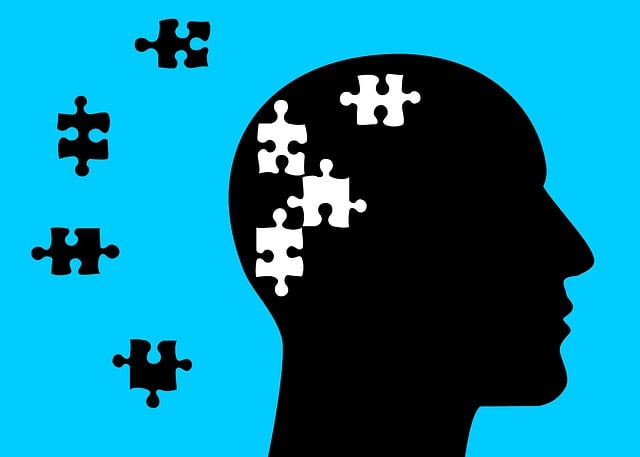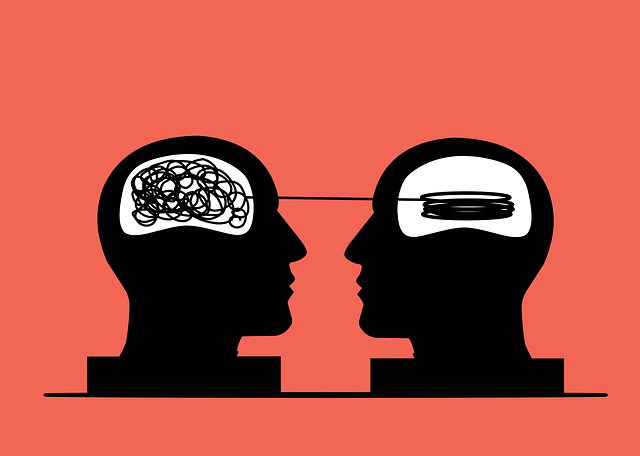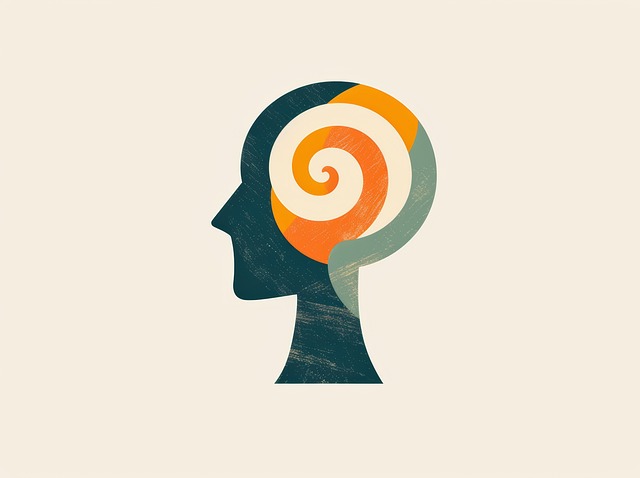Aurora Mindfulness Therapy offers a holistic approach to mental wellness, focusing on cultivating awareness, compassion, and balance through mindfulness meditation, breathing techniques, and compassion cultivation exercises. The program emphasizes self-care, personal growth, and non-judgmental exploration of thoughts and emotions, empowering participants with stress management, mood stability, and positive relationship strategies. Evaluating Aurora Mindfulness Therapy using both qualitative and quantitative data, such as pre-post surveys and long-term tracking, is crucial for measuring its effectiveness and driving informed improvements, including depression prevention.
Mental wellness program evaluations are crucial for understanding the impact and effectiveness of initiatives aimed at fostering holistic well-being. This article explores various evaluation methods, focusing on the innovative Aurora Mindfulness Therapy as a case study. We delve into how this therapeutic approach can be assessed through comprehensive data collection techniques, including qualitative and quantitative metrics. By examining specific indicators, professionals can track progress and measure success in mental health initiatives, ensuring evidence-based practices and positive outcomes for individuals seeking support.
- Understanding Aurora Mindfulness Therapy: A Holistic Approach
- Evaluation Methods: Measuring the Impact of Mental Wellness Programs
- Data Collection Techniques for Comprehensive Analysis
- Metrics and Indicators: Tracking Progress and Success in Mental Health Initiatives
Understanding Aurora Mindfulness Therapy: A Holistic Approach

Aurora Mindfulness Therapy is a holistic approach to mental wellness that focuses on cultivating awareness and compassion within individuals. This therapy method recognizes the interconnectedness of the mind, body, and spirit, aiming to nurture a sense of balance and inner peace. By incorporating practices such as mindfulness meditation, breathing techniques, and compassion cultivation exercises, Aurora Mindfulness Therapy empowers individuals to develop greater self-awareness and emotional regulation skills.
The program emphasizes the importance of self-care and personal growth, encouraging participants to explore their thoughts and emotions without judgment. Through Mental Wellness Coaching Programs Development, individuals learn effective strategies for managing stress, improving mood stability, and fostering positive relationships. By integrating Aurora Mindfulness Therapy into their lives, folks can enhance their overall well-being and cultivate a deeper sense of self-compassion, ultimately leading to improved mental resilience and quality of life.
Evaluation Methods: Measuring the Impact of Mental Wellness Programs

Evaluating the impact of mental wellness programs is crucial to understanding their effectiveness and making informed improvements. A comprehensive evaluation should consider both qualitative and quantitative data, encompassing participant experiences and measurable outcomes. For instance, in the context of Aurora Mindfulness Therapy, assessments can include pre-post surveys gauging changes in symptoms related to anxiety, stress, or depression, providing tangible evidence of program success.
Additionally, following participation in such programs, tracking long-term behavior shifts is essential. This could involve measuring sustained improvements in Self-Awareness Exercises and the development of Inner Strength, indicating that acquired skills are being applied in daily life. Such insights not only validate the program’s efficacy but also guide future adjustments to better meet the needs of individuals seeking mental wellness support, including those focusing on Depression Prevention.
Data Collection Techniques for Comprehensive Analysis

Comprehensive evaluation of a mental wellness program like Aurora Mindfulness Therapy requires a multi-faceted approach to data collection. This includes employing various techniques that capture qualitative and quantitative aspects of participant experiences and outcomes. Surveys, for instance, offer structured insights into individual perceptions of program effectiveness, with questions tailored to assess specific components such as the impact of Mindfulness Meditation practices or the utility of Compassion Cultivation Practices.
Interviews and focus groups complement these structured assessments by providing richer, narrative data. Participants can share personal stories, express nuances in their experiences, and offer explicit feedback on Communication Strategies employed within the program. This qualitative depth allows for a nuanced understanding of participants’ mental wellness journeys, revealing unanticipated benefits or challenges that quantitative methods might miss.
Metrics and Indicators: Tracking Progress and Success in Mental Health Initiatives

Effective evaluation of mental wellness programs is paramount to understanding their impact and making informed improvements. Metrics and indicators play a crucial role in tracking progress and success, providing valuable insights into the effectiveness of initiatives aimed at enhancing mental health. These tools help assess not just the immediate outcomes but also the long-term effects on individuals’ well-being. By setting clear goals and measurable objectives, programs like Aurora Mindfulness Therapy can gauge their success in areas such as improving mood management and crisis intervention guidance.
Regular monitoring allows for prompt adjustments to be made, ensuring that mental health initiatives remain relevant and effective. Indicators may include reduction in symptoms of anxiety or depression, increased resilience, and better risk management planning among participants. This data-driven approach not only benefits the clients but also aids mental health professionals in refining their practices, ultimately fostering a healthier and more supportive environment for those seeking assistance.
In evaluating mental wellness programs, particularly those adopting innovative approaches like Aurora Mindfulness Therapy, a multifaceted evaluation framework is essential. By combining qualitative and quantitative data collection techniques, we can comprehensively assess the impact and success of initiatives. Metrics focused on participant well-being, program adherence, and satisfaction provide valuable insights into the effectiveness of these programs. Through rigorous analysis, mental health professionals can ensure that Aurora Mindfulness Therapy and similar holistic interventions meet their intended goals, ultimately enhancing the overall mental wellness of individuals they serve.












